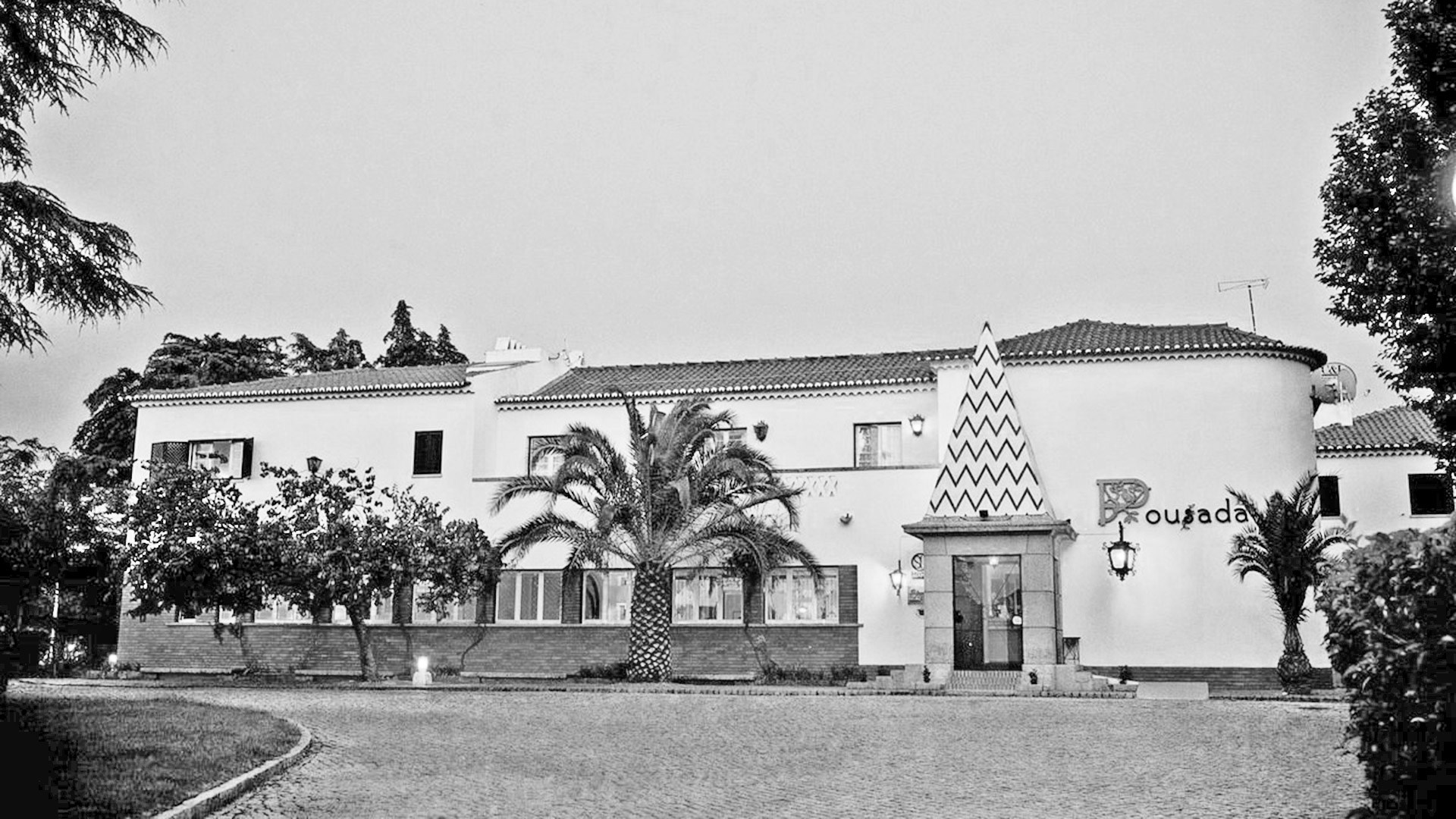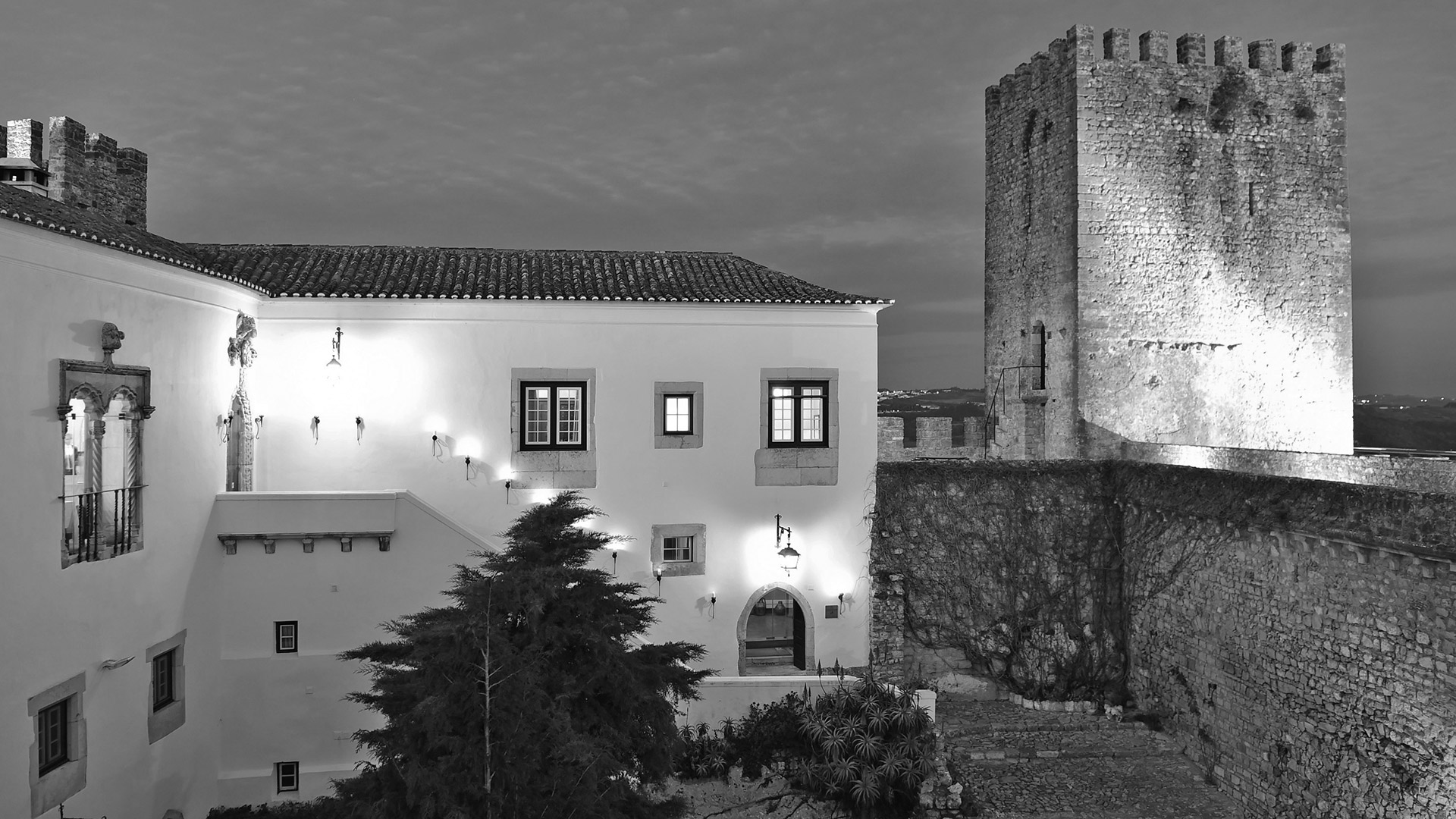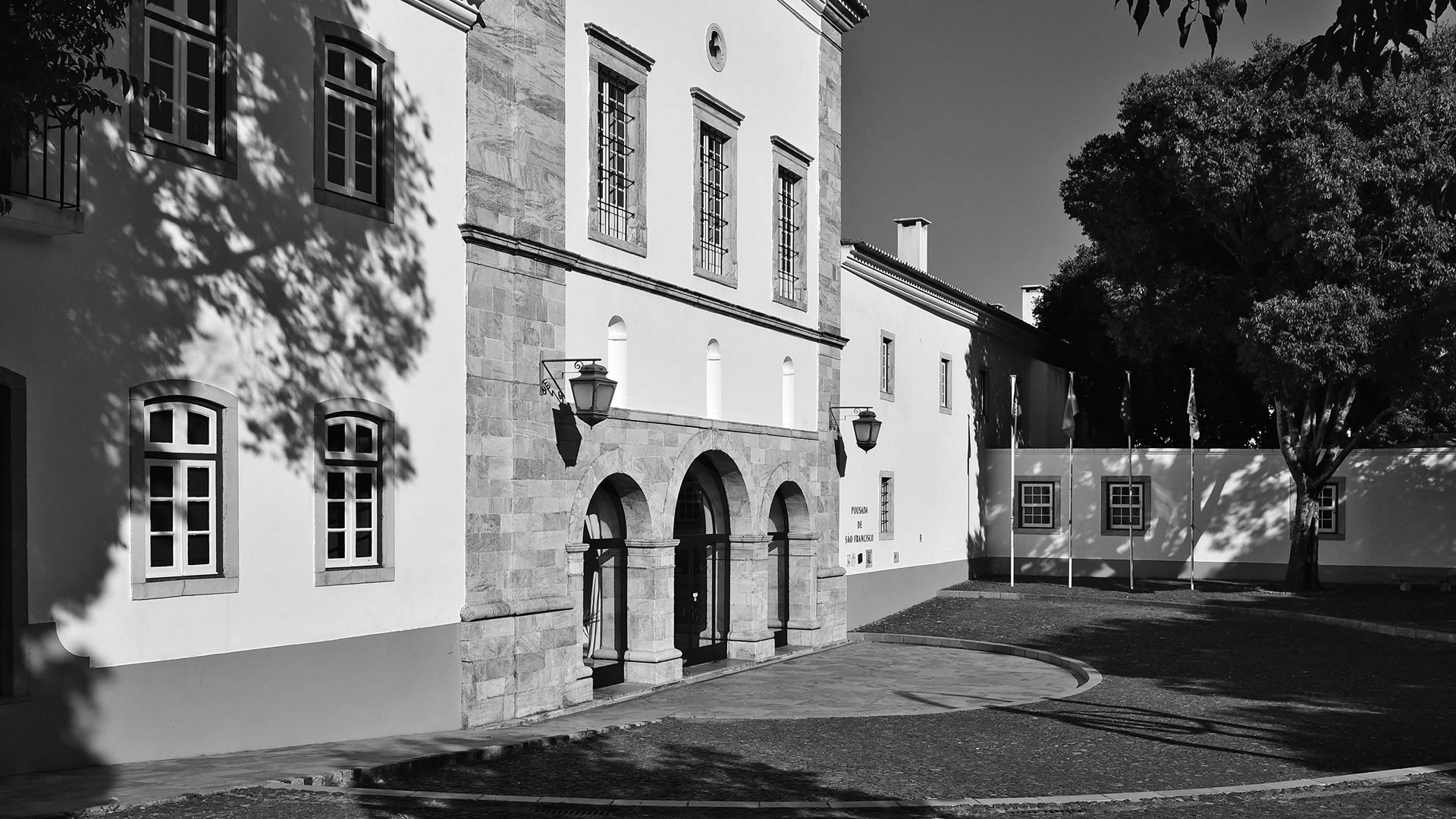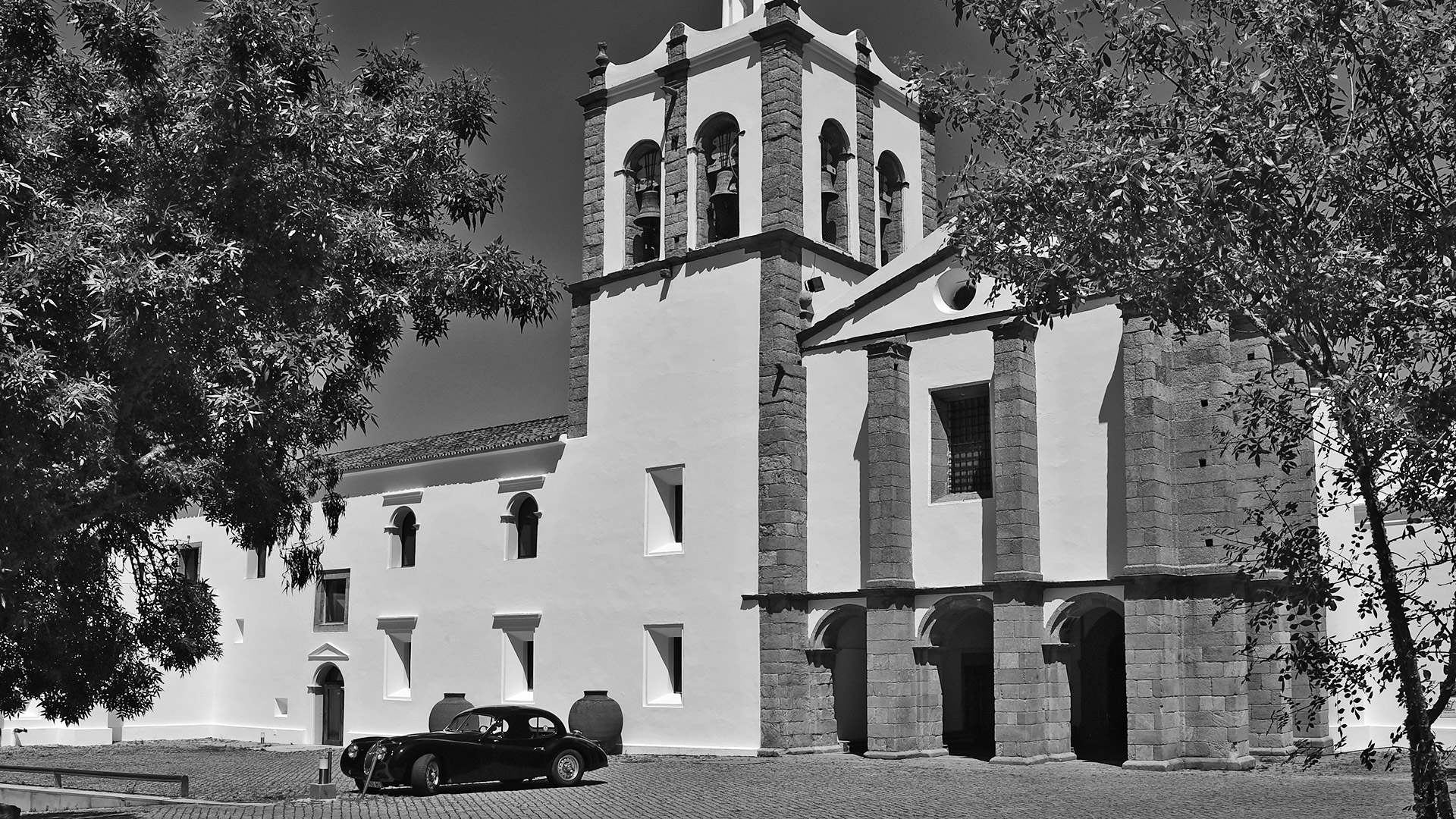The Origins
Created by Law 31,259 of May 1, 1941, at the initiative of António Ferro, the Inns were intended to "accommodate the visitors and provide them with food in compliance with the style of each region."
Quote
"When a guest fails to be addressed by name to be known by number of rooms occupied, we will be completely diverted the Pousadas."
Anthony Ferro, 1942.
The first unit of the network was inaugurated in 1942 in Elvas, Alentejo, a region that currently has the largest number of historic inns, and is still in operation. Other "Regional Pousadas" were inaugurated, always with a limited number of rooms and special attention to the cuisine of each region.

In the 1950s the concept of the Inn was extended with the rise of "Historic Inns", set in historical buildings and monuments, castles, convents and monasteries, some abandoned or in a state of degradation and recovered specially for this purpose. The first hostel to be created under this new concept was the Pousada do Castelo in Obidos.

In 1995 the American Society of Travel Agents (ASTA) and the Smithsonian Foundation, awarded the Pousadas de Portugal, the annual premium to institutions throughout the world with a greater role in protecting the environment and cultural heritage for tourism purposes.

The state company ENATUR (Empresa Nacional de Turismo) holds the assets of the Inns and proceeds to its management. In 2003 had forty-four lodges, of which eighteen in historic buildings, plus two restaurants.

The Privatization
In 2003 the Portuguese Government, facing a situation of accumulation of net loss for over a decade, and with 1 million euros of damage in 2002 alone, decided to privatize 49% of the capital ENATUR and cede the management of the Pousadas de Portugal won the group that this privatization.
The wining group was GPP - Grupo Pestana Pousadas, consisting of the Pestana Group (59,8%), CGD (25%), Fundação Oriente (15%) and two more companies with 0,2% (Abreu and Portimar). So on September 1,2003, the GPP became responsible for operating the current network of Pousadas de Portugal for a period of 15 years, with possibility of extension for another 5 years, if it were completed a Supplementary Plan Expansion (2/3 more Pousadas or 200 rooms), and also with the possibility of extension for an additional 5 years if it complies with the Plan Internationalization of Pousadas de Portugal (corresponding to 300 rooms or 5 new Pousadas located in buildings of Portuguese origin of recognized historic value or cultural).
Quote
"The contract for the sale of operating the network Pousadas de Portugal, it shall safeguard the interests of the state, particularly as regards the preservation of national monuments to that allocated and their cultural heritage, which are part of the public domain, given the importance that such goods have for the history and culture of Portugal. "
Portuguese Government, 2003.